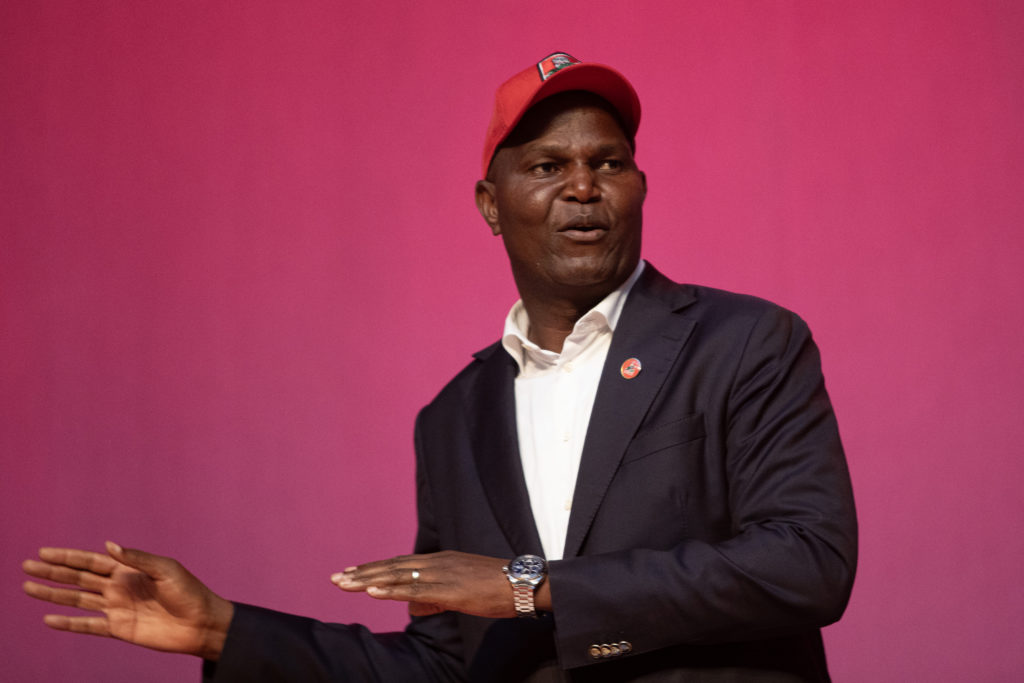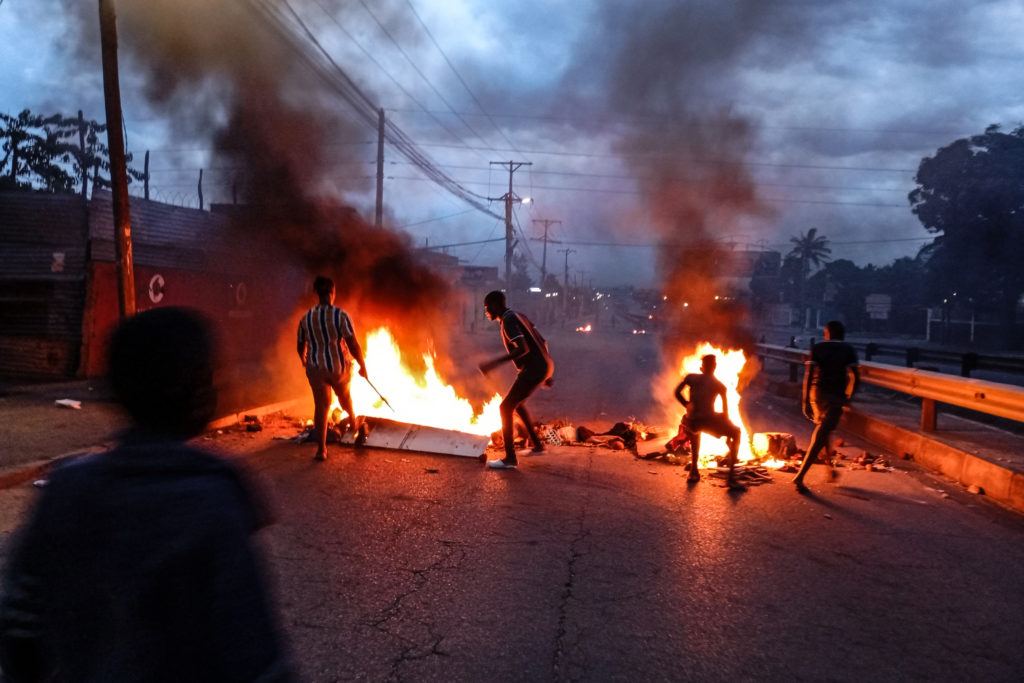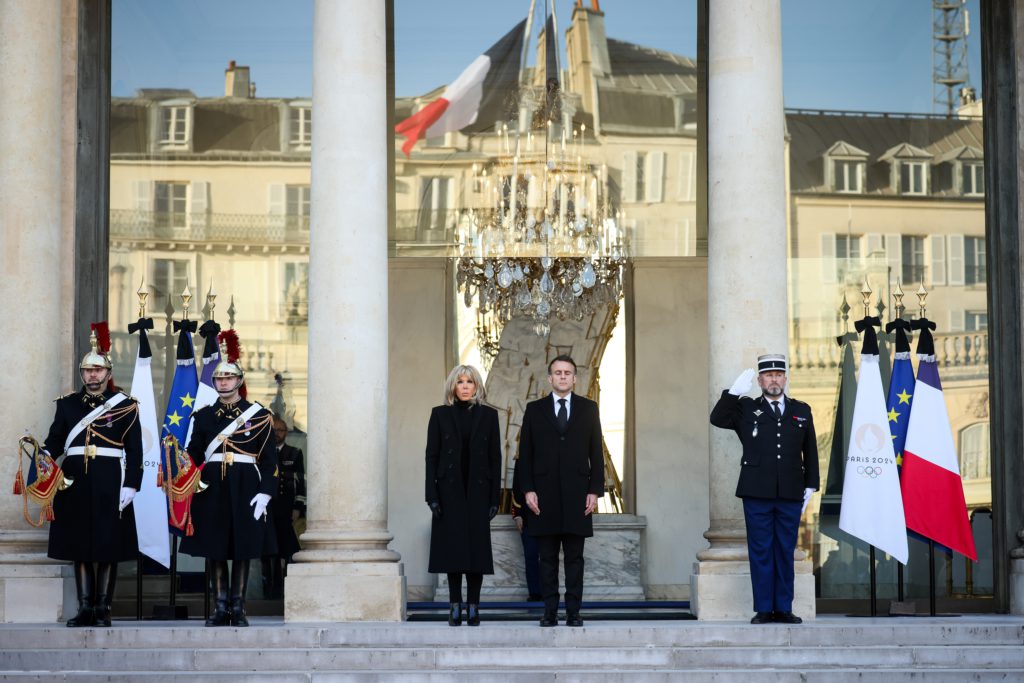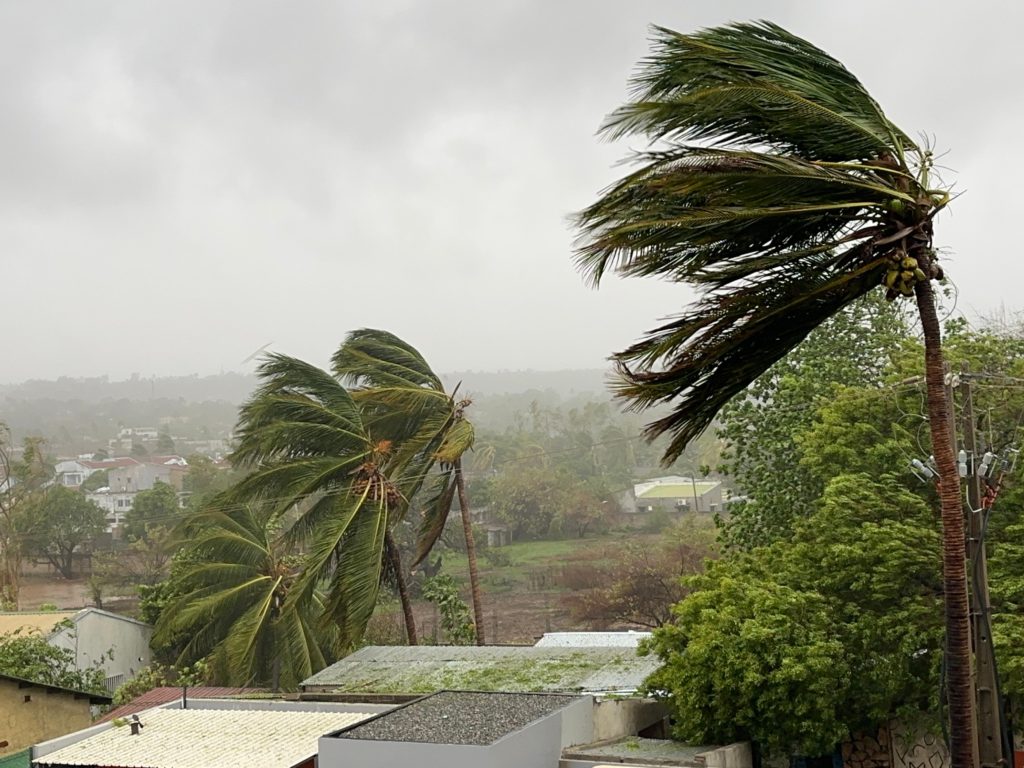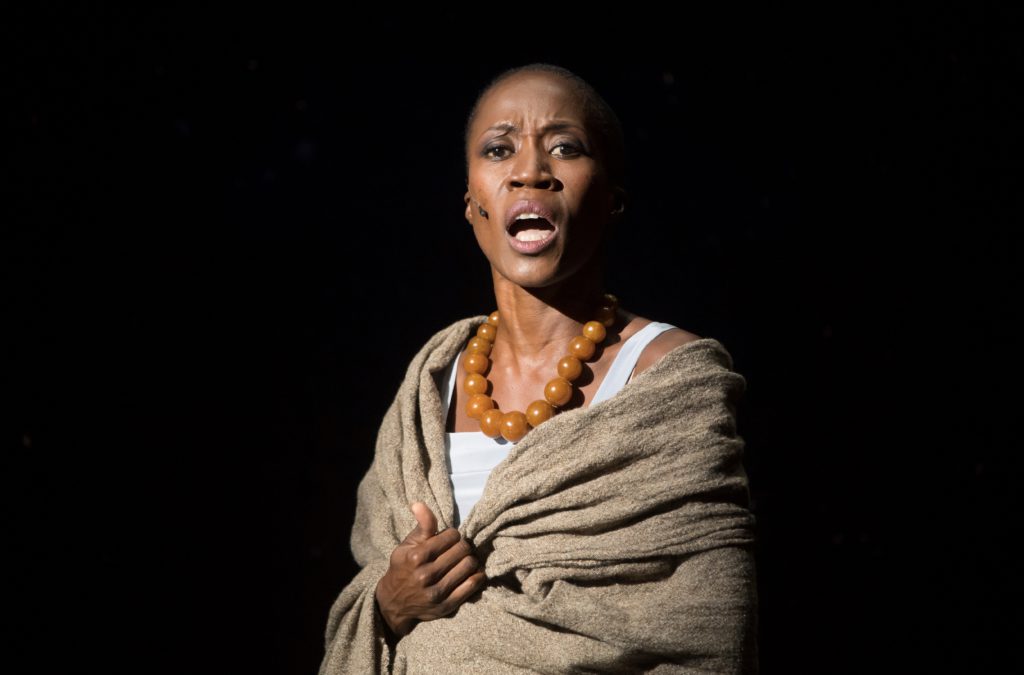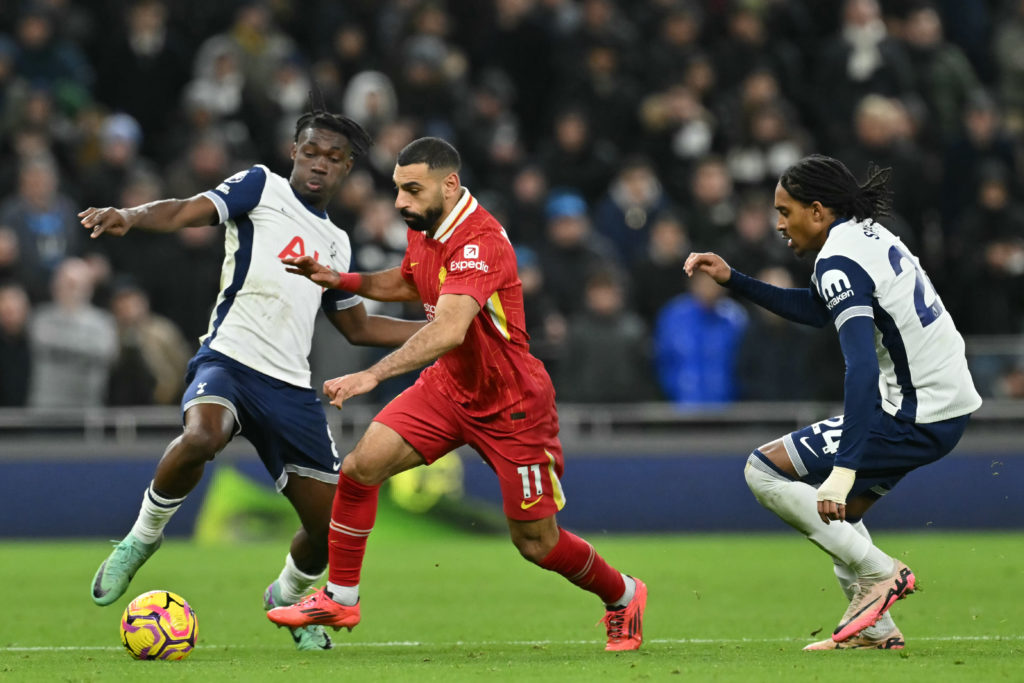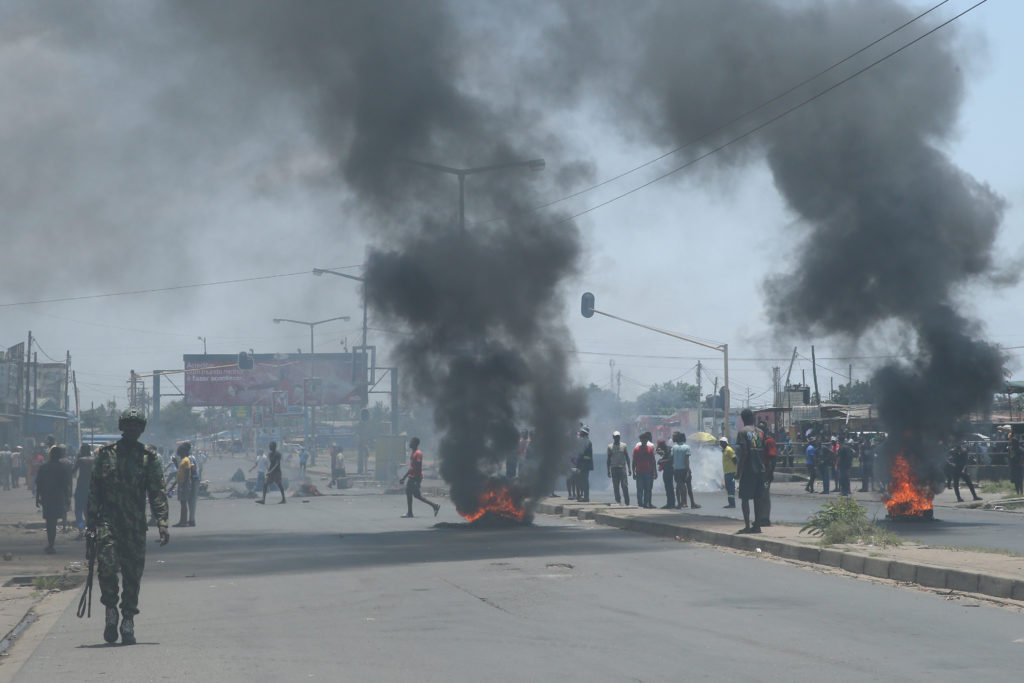Mozambique’s incoming president, Daniel Chapo, is a former provincial governor with no experience in national government who was little known before his surprise nomination as candidate for the ruling Frelimo party ahead of October elections.The 47-year-old’s victory at the poll was confirmed Monday when the Constitutional Council ratified the disputed results, although revising down his score from 71 to 65 percent of votes.A neophyte at national politics, he will take over a deeply divided country, riven by some of the worst post-election unrest in its history.Opposition candidate Venancio Mondlane has refused to accept he lost, saying the count was rigged, and vowed “chaos” if the final results confirmed Chapo’s victory.Unrest since the vote has already claimed more than 130 lives.Chapo is due to officially take charge of the southern African country in January, becoming Mozambique’s first president born after independence from Portugal in 1975, when Frelimo took power.He will succeed President Filipe Nyusi, whose maximum two-term tenure ends on January 15.Tall and slim, Chapo will also be the country’s first president not to have been a Frelimo fighter during the independence struggle or an ensuing 16-year civil war that ended in 1992 and is estimated to have claimed a million lives.- ‘Ordinary politician’ -While it was expected that Frelimo would remain in power, Chapo’s announcement as candidate for the presidential post in May was a major surprise, said researcher Borges Nhamirre from the Institute for Security Studies based in South Africa.”We had never heard from him -– no big interview, no interesting speech, no articles or paper, just someone who was like an ordinary politician,” he told AFP. Chapo beat out three other contenders after rival factions in Frelimo could not come to an agreement following two days of intense debates within its central committee.”They chose Chapo to be able to influence him. He will be very supervised,” said an expert on condition of anonymity.This influence could particularly be used to appoint ministers in the key positions of defence, finance and natural resources, said Nhamirre.A fresh face meant to capture the support of disenchanted youth, Chapo was likely the pick of former Mozambican presidents Armando Guebuza and Joaquim Chissano, and not so much his predecessor Nyusi, analysts say. “There’s not a lot of love between Chapo and Nyusi,” Maputo-based political and security risk analyst Johann Smith told AFP.- Candidate of unity -A balding former political science lecturer, Chapo has a law degree and has worked as a radio presenter. He began his political career in 2015 when he was appointed, not elected, as the Frelimo district government chief for Palma in the far northern province of Cabo Delgado. The discovery in 2010 of gas deposits in the region had Mozambique — one of the poorest countries in the world — poised to become one of the world’s top 10 exporters, but projects have been thwarted by jihadist violence in the province since 2017.Chapo’s time there meant “at least he understood how to deal with multinational companies at a district level, having to solve problems of disputes between the local companies,” Nhamirre said.The incoming president made thwarting attacks in Cabo Delgado one of his campaign promises. “We will continue to work so Mozambique stays a country of peace, including in Cabo Delgado,” he said at the final rally. “We want to continue fighting against terrorism.”Chapo, appointed governor of the southern province of Inhambane in 2016, also promised the construction of schools and hospitals and a more robust economy.He presented himself as the candidate of unity, promising to “work with every layer of society, youth, women, men and veterans.”
Mon, 23 Dec 2024 16:21:28 GMT

